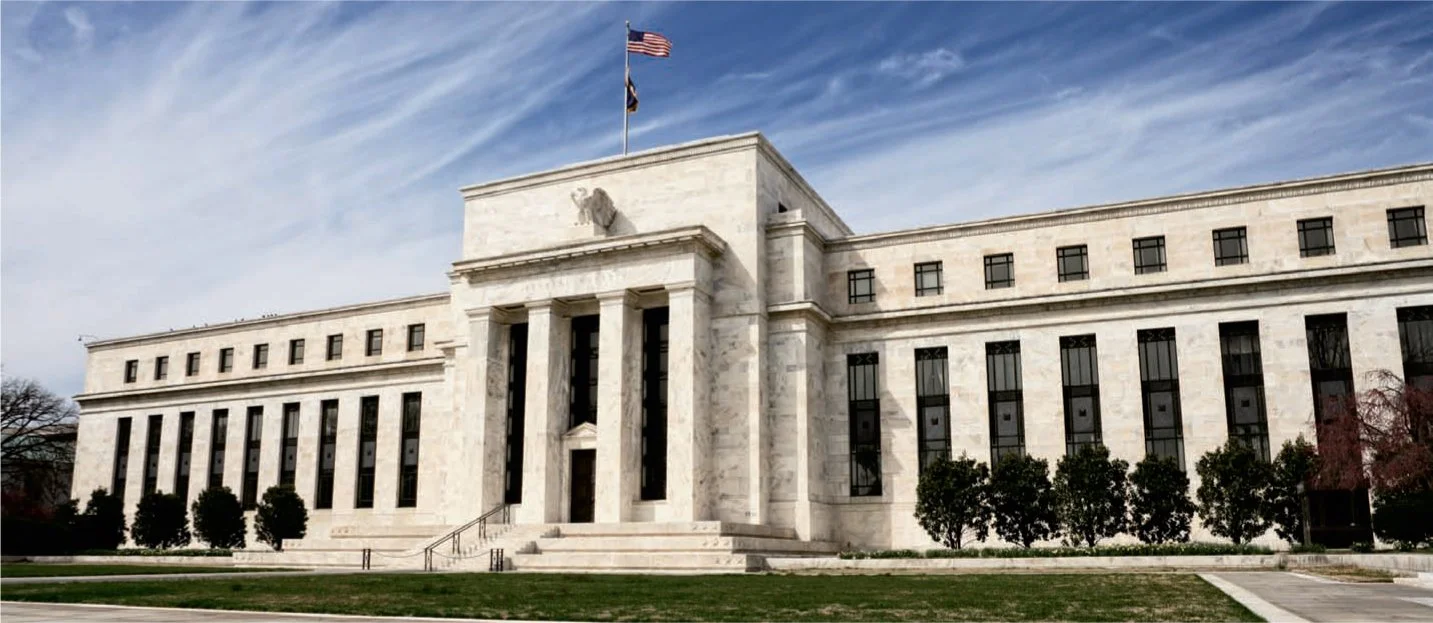In a market perpetually crowded with noise, speculation, and the temptation to swing at every pitch, we at Pilot remain committed to a different path. Ted Williams’ disciplined mastery at the plate offers a timeless parallel: enduring success isn’t built on constant action, but on precise, deliberate decisions made when opportunity aligns squarely with your strike zone.
The market will always present a steady stream of offerings — some enticing, many errant, and a rare few exactly where you want them. The ultimate discipline lies not in reacting to every pitch, but in having the patience and discernment to wait for the one worth swinging at. As others chase headlines and hurried trades, we continue to navigate with focus, restraint, and an unwavering commitment to long-term value. The game is long — and we intend to win it by waiting for our pitch.





















